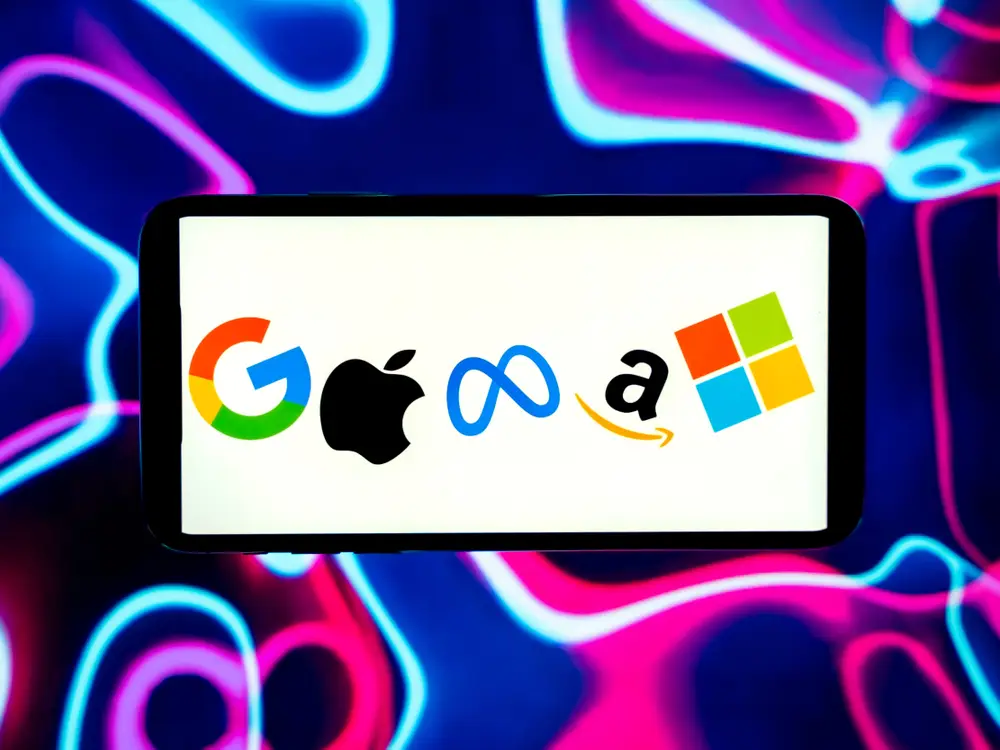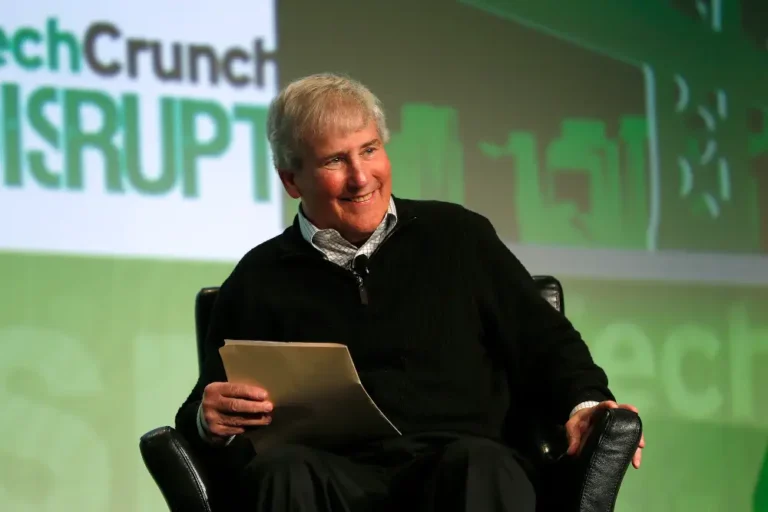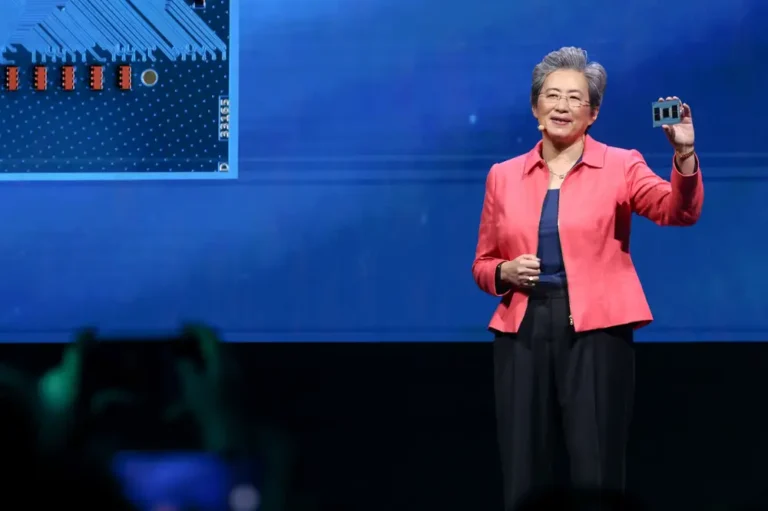What Big Tech giants are planning for 2025 that we can’t wait for

Consumers should brace for another year of AI products and new releases from Big Tech companies.
Big Tech companies didn’t hold back on releasing AI updates and hardware in 2024 — and you can expect the same pattern in 2025.
Many companies made flashy product announcements and gave extravagant demonstrations this year, but several of those offerings aren’t available quite yet. Examples include Apple’s revamped Siri, Meta’s Orion glasses, and Google’s Project Astra.
While some release dates remain unclear, here’s what you can expect to see from Big Tech companies in 2025.
Meta
The Financial Times reported on Monday that Meta was adding a screen inside its Ray-Ban smart glasses that could be available in an update as early as the second half of 2025. The screen would be able to display notifications and responses from Meta’s chatbot, the report said.
Andrew Bosworth, Meta’s chief technology officer and head of Reality Labs, wrote in a blog post in December that in 2025 users could expect personalized AI assistants that don’t just respond to prompts but help them throughout their day.
“One of the things I’m most excited about for 2025 is the evolution of AI assistants,” Bosworth said.
Apple
Apple is expected to release a “more personal” Siri, but it’s unclear whether that would come next year or with the Siri update expected in 2026. Apple is expected to announce the “LLM Siri” in 2025.
A Bloomberg report in November said Apple could also announce the release of a smart home device as early as March. The report said the device may be a wall-mounted iPad-like tablet that can control appliances, manage video calls, and use AI to access apps.
The tech giant is also set to announce a sleek iPhone “Air” model and a new version of the budget-friendly iPhone SE, Bloomberg reported. The new iPhone SE, that report said, would eliminate the home button and is expected to support Apple Intelligence.
OpenAI
OpenAI has been working on GPT-5 for more than a year and a half, but the model has been pushed back. It’s unclear when exactly it will launch, but it might in 2025.
The model is expected to have impressive capabilities that surpass GPT-4’s power. It could complete multistep tasks and work with audio, video, and text. It would also have a large context window, allowing it to process more text.
Tesla
While Elon Musk doesn’t anticipate the Cybercab hitting volume production until 2026, he said in Tesla’s third-quarter earnings call that he expected to get regulatory approval in 2025.
He also said the company was on track to start producing more-affordable EV models in the first half of 2025.
“These vehicles will utilize aspects of the next-generation platform as well as aspects of our current platforms and will be able to be produced on the same manufacturing lines as our current vehicle lineup,” Musk said.
Musk also said in a post on X in July that Tesla would have humanoid robots in “low production” for the company’s internal use in 2025 and in high production for external companies in 2026.
In partnership with Samsung and Qualcomm, Google is introducing its approach to mixed reality with the release of the Android XR spatial computing platform.
The company said the first device, built by Samsung and code-named Project Moohan, would be available to purchase next year. The device would offer typical mixed-reality experiences and an integrated Gemini.
“With Gemini, our AI assistant, you can even have conversations about what you’re seeing or control your device,” the company said. “Gemini can understand your intent, helping you plan, research topics and guide you through tasks.”
A Google DeepMind spokesperson said capabilities from research prototypes like Project Astra, which Google hopes will become a universal assistant, would graduate to Google applications and services. But they said there were no plans to make Project Astra generally available itself.






